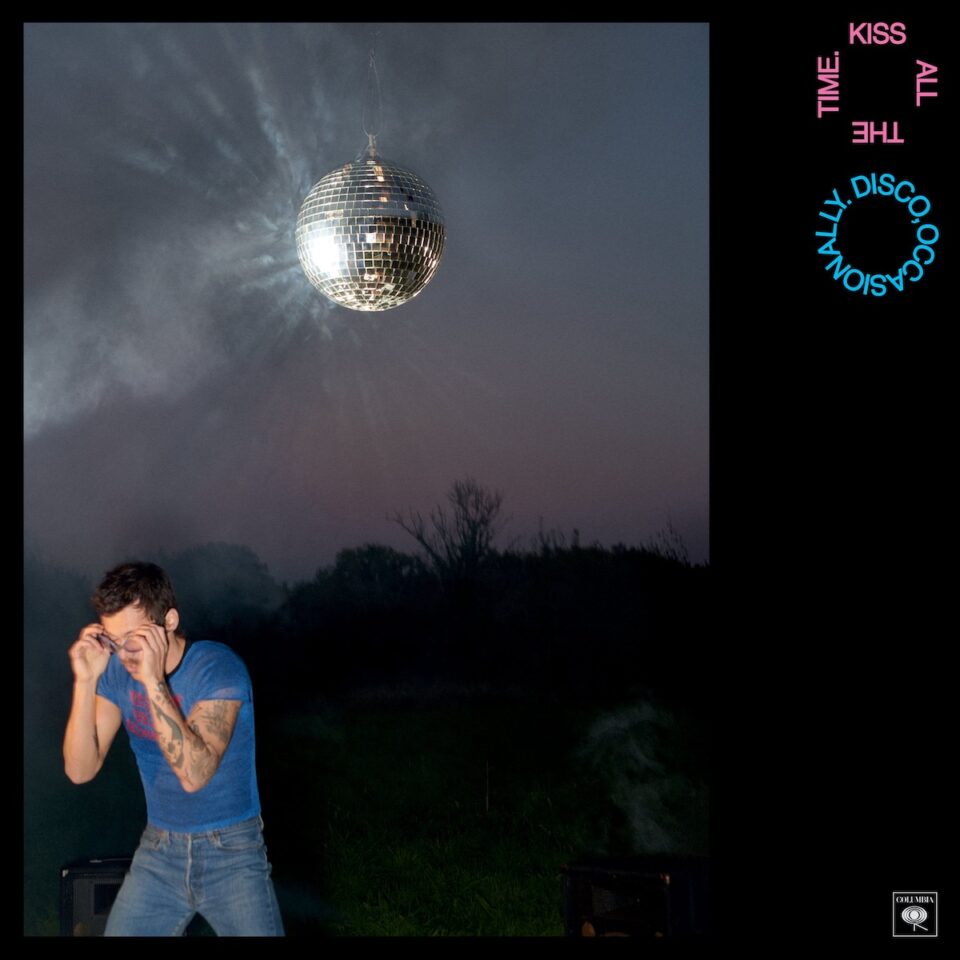BACKSTORY: Julien Baker plays in the Memphis band Forrister, but moving away from home gave her the space to write and record an austere, haunting set of folk songs
FROM: Memphis, Tennessee, though she’s now a few hours away in Murfreesboro at Middle Tennessee State University
YOU MIGHT KNOW HER FROM: Her warmly received debut album Sprained Ankle, which was recorded at Matthew E. White’s Spacebomb studio in Virginia
NOW: Supporting the likes of EL VY and Wye Oak on tour
Those who listen to Julien Baker’s stark debut, Sprained Ankle, and see only the dark, broken subject matter—the car crash, the drug addiction, the bitter break-up, questioning God’s existence, and grappling with mortality—aren’t getting the full message. Baker, at the point of surrender, hasn’t lost her faith. She’s found it.
“In my personal life I still participate in the church community,” says the twenty-year-old Memphis native. She’s on a break from her day gig—being a junior at Middle Tennessee State University—and is out in Los Angeles for a show. “I grew up in church, and that informed a lot of my songwriting. Speaking explicitly about substance abuse and God in the same record, or being an open homosexual and also professing to be of the Christian faith: those things are kind of tricky to navigate.”
That’s especially true in the music industry, where singing about faith can be off-putting. But Baker has lived a whirlwind life lately. She recorded Sprained Ankle at Matthew E. White’s Spacebomb studio in Richmond, Virginia, and initially passed it around to her friends; when 6131 issued it in late October, it was greeted with critical acclaim. Already a rising star in Memphis’s varied music circles, she’s found her name mentioned in the same breath as Sharon Van Etten and seems poised to sneak onto plenty of best-of-2015 lists. The success has caused Baker’s band Forrister to hit pause to allow her to shift focus. In fact, Sprained Ankle came about accidentally.
While the things Baker has been through aren’t terribly uncommon, her skill as a storyteller brings out the immediacy of each situation.
After Baker moved four hours away from home for college near Nashville, she had solitary time to process her earlier, darkest days. That led to the nine plaintive folk songs on the album, beautiful in their simplicity. The lyrics, at first glance, are heartbreaking and depressing. “You’re gonna run when you find out who I am,” Baker sings on “Everybody Does.” On “Rejoice,” she declares, “Give me everything good / I’ll throw it away.” While the things Baker has been through aren’t terribly uncommon, as these things sometimes unfortunately go, her skill as a storyteller brings out the immediacy of each situation. All of the stories are real, she says, and no liberties were taken with the songwriting. “It’s scary to open that part of yourself, but maybe it’s more important to be transparent,” she says.
Now, Baker is balancing her studies with launching a professional music career. In high school, she used to take a bus to play shows on weekends. Now, she flies to Los Angeles and New York when on break. “I got on a plane at 6:15 in the morning, and I was typing a literature paper for one of my classes,” she says.
If the music career doesn’t work out, she hopes to become a teacher so she can help others. That’s something she learned from the community-oriented scene in Memphis, where one of her friends was both a punk rocker and a school guidance counselor.
“If I don’t end up performing in amphitheaters, I’ll just perform for some ninth-graders,” she says. “I’ll talk to them about Chaucer or Milton. Music is about opening a door for discourse. Whether you’re standing in front of a bunch of kids on a stage at a punk show or in a classroom, you can put something positive into their brains—you can start a conversation and encourage them in some way.” FL







